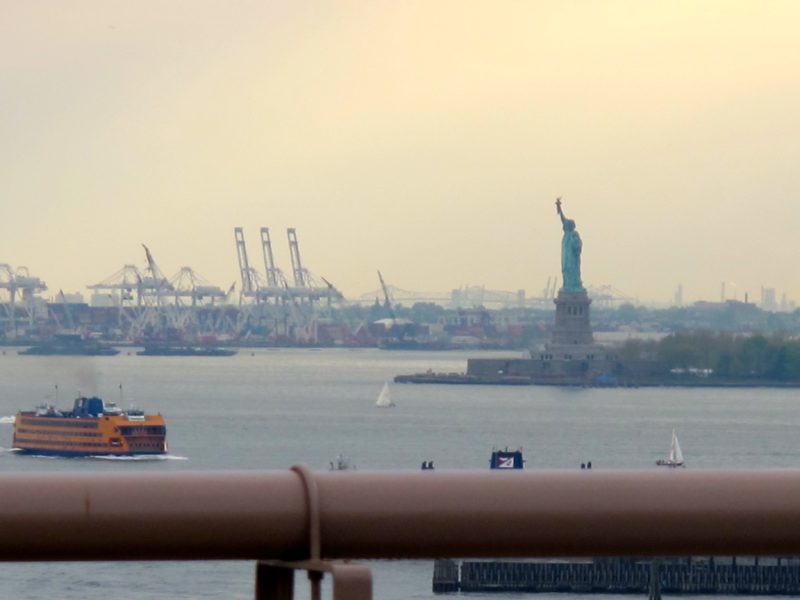The quotation in today’s title is the epigraph of Olivia Laing’s 2016 book: The Lonely City – Adventures in the Art of being Alone. (The dedication before the epigraph reads: If you’re lonely, this one’s for you.)
It is a curious collection of musings, criticism, analysis, insights and discourse that were the product of a time span of intense loneliness for the British author. Her proclaimed isolation in New York City when a love affair promptly fell apart after arrival, gave rise to intellectual curiosity about the state of loneliness, its potential adaptive value and ways and means to make it into something useful.
It was hard for me to buy into her description of her status, her experienced sense of vanishing among the multitudes, because the way she writes establishes a sense of intimacy that is rare and so intense that you almost feel that you are linked both cognitively and emotionally to the author as if she were one of your oldest friends. Both what she offers and how it is offered are striking – and connecting, proving the potential illusion that the connectivity must be felt on both ends.
Loosely structuring her chapters around diverse artists who either experienced or depicted loneliness with intensity, she delves into and out of art criticism, sociological and philosophical discussion, and over and again some confessional writing that ties her own misery or evaluation of unmet needs to the narratives centered on the famous. It is a web she weaves which unravels here, tightens there, slackening when you expect tension, hooks you on unexpected knots, and is loosely netted to afford surprising glimpses over and over again. The web is stretched wide: the discussion ranges from Andy Warhol to Edward Hopper, David Wojnarowicz to Henry Darger, Greta Garbo to Klaus Nomi in an attempt to pinpoint loneliness as one of the sources or preoccupations of their creativity.
Smart as a whip, learned (the notes at the end of the book are a marvel of information), gifted with an ability to use language that flowers in front of our very eyes and ears, Laing beguiles. She is doubtlessly one of the best non-fiction writers in the english-speaking world these days. And she knows it. I think my hesitance to acknowledge her professed loneliness is rooted in the sense that there is a self awareness in her self disclosures that has narcissistic tinges – the need to be liked, acknowledged, desired outweighs the need for unconditional closeness. Of course, I might be completely mistaken, am not making claims just describing my own reactions.
I learned much about art and artists; the similarity of some of her experiences and mine during the same years as newcomers to NYC resonated; I was reminded about the parallel worlds the city afforded to different populations, who might as well not have lived on the same planet much less the same city in their separateness. It brought back the disbelief when the first friends were succumbing to AIDS and it looked like nothing could be done. The book succeeds in making it clear that loneliness can be a driving force towards meaningful, perhaps even extraordinary art. It also convinces that the author is a force to be reckoned with. Lonely or not.
NYT Book Review below -click on the picture















